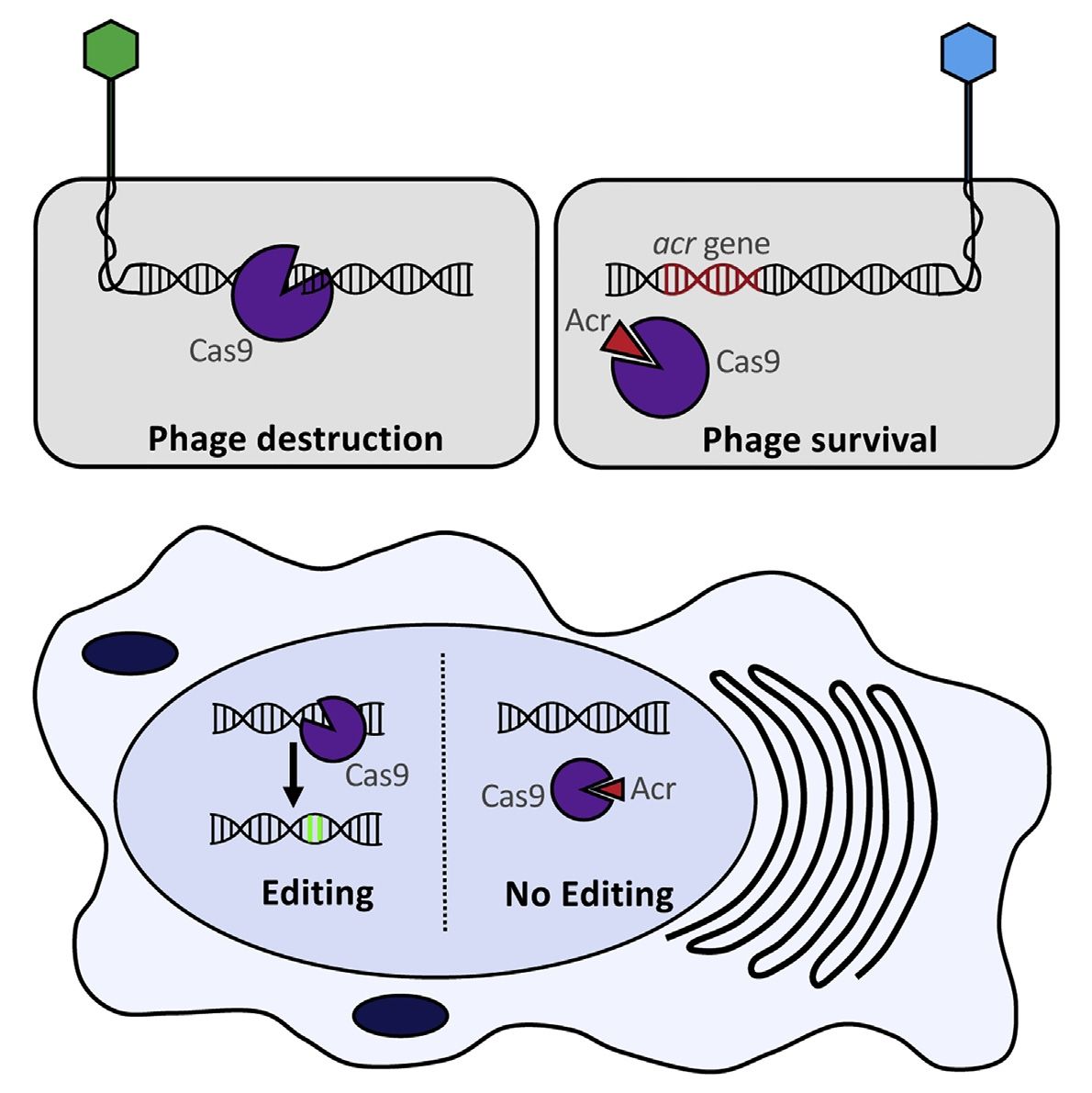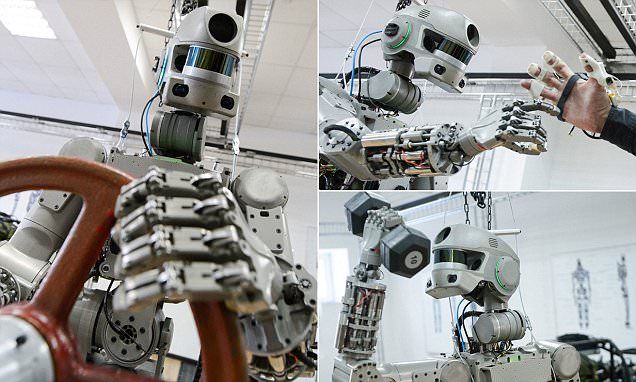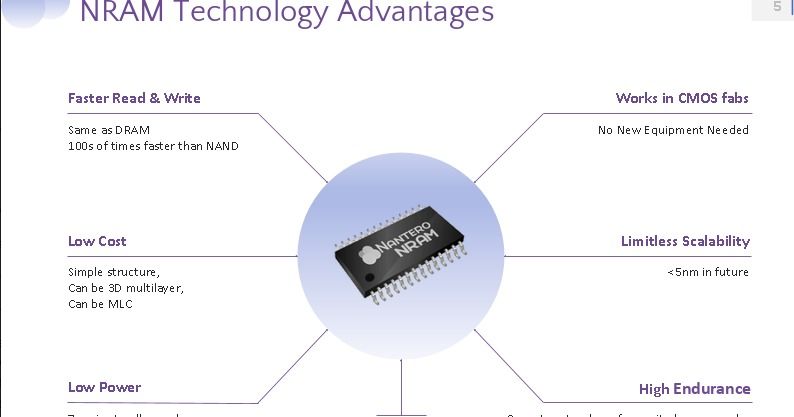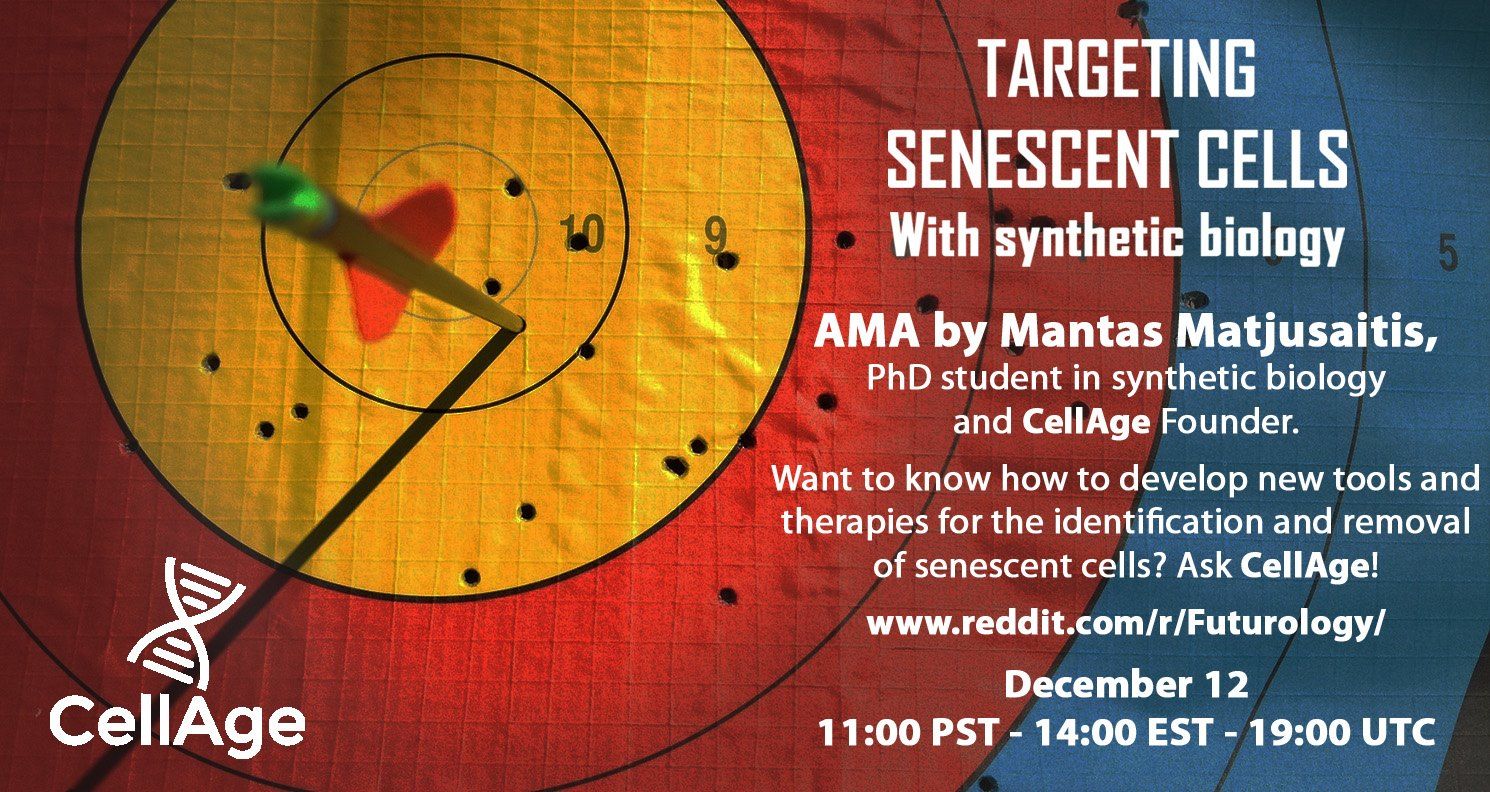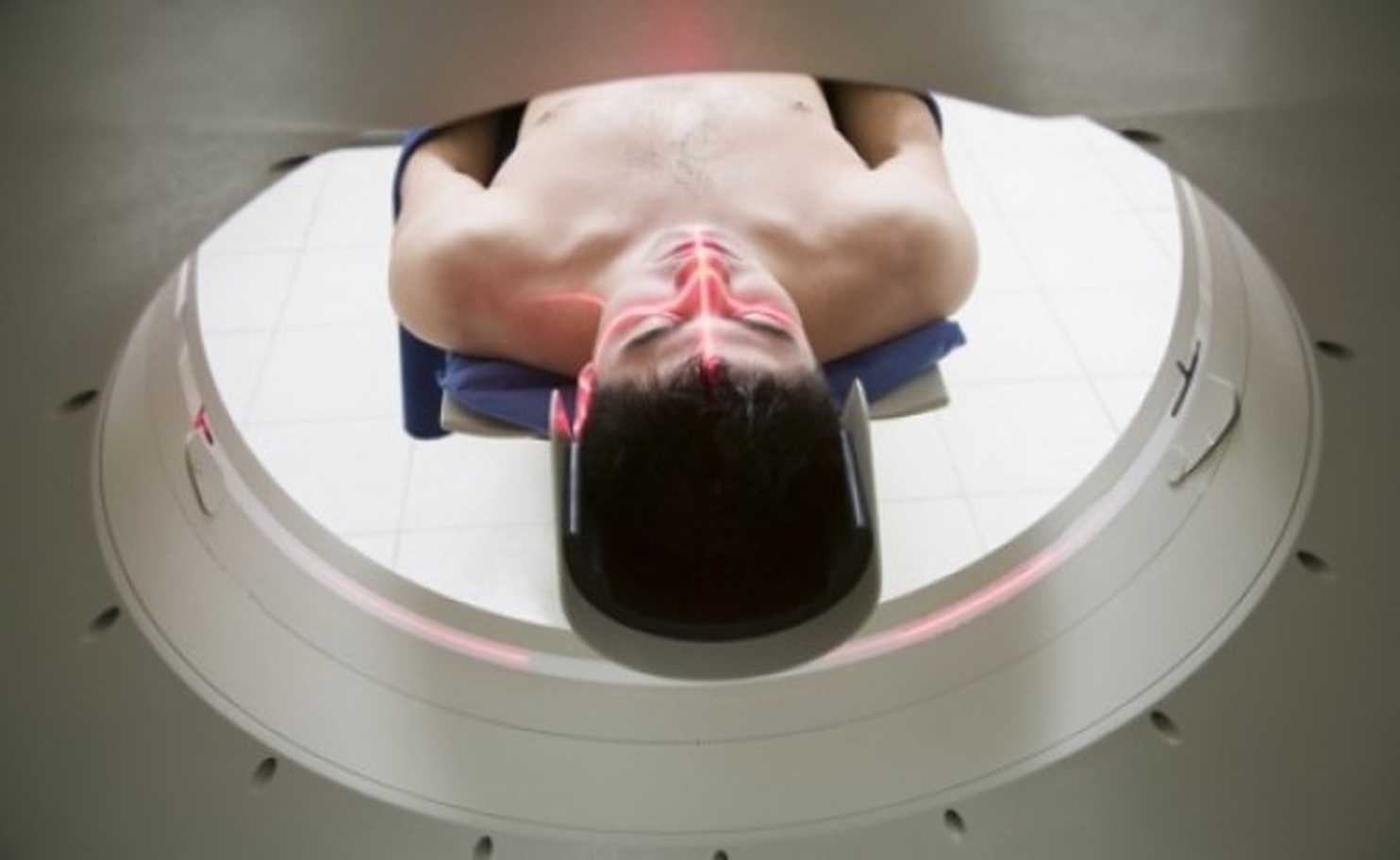Dec 9, 2016
An anti-CRISPR for gene editing
Posted by Bruno Henrique de Souza in categories: bioengineering, biotech/medical, genetics
Researchers have discovered a way to program cells to inhibit CRISPR-Cas9 activity. “Anti-CRISPR” proteins had previously been isolated from viruses that infect bacteria, but now University of Toronto and University of Massachusetts Medical School scientists report three families of proteins that turn off CRISPR systems specifically used for gene editing. The work, which appears December 15 in Cell, offers a new strategy to prevent CRISPR-Cas9 technology from making unwanted changes.
“Making CRISPR controllable allows you to have more layers of control on the system and to turn it on or off under certain conditions, such as where it works within a cell or at what point in time,” says lead author Alan Davidson, a phage biologist and bacteriologist at the University of Toronto. “The three anti-CRISPR proteins we’ve isolated seem to bind to different parts of the Cas9, and there are surely more out there.”
CRISPR inhibitors are a natural byproduct of the evolutionary arms race between viruses and bacteria. Bacteria use CRISPR-Cas complexes to target and cut up genetic material from invading viruses. In response, viruses have developed proteins that, upon infection, can quickly bind to a host bacterium’s CRISPR-Cas systems, thus nullifying their effects.
